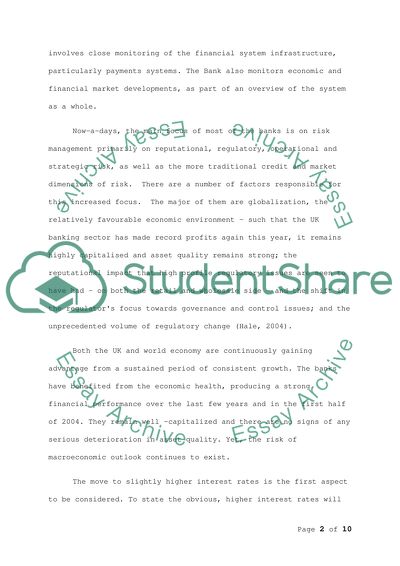Cite this document
(An Overview of the UK Banking System Report Example | Topics and Well Written Essays - 1750 words, n.d.)
An Overview of the UK Banking System Report Example | Topics and Well Written Essays - 1750 words. https://studentshare.org/macro-microeconomics/1518413-the-uk-banking-system
An Overview of the UK Banking System Report Example | Topics and Well Written Essays - 1750 words. https://studentshare.org/macro-microeconomics/1518413-the-uk-banking-system
(An Overview of the UK Banking System Report Example | Topics and Well Written Essays - 1750 Words)
An Overview of the UK Banking System Report Example | Topics and Well Written Essays - 1750 Words. https://studentshare.org/macro-microeconomics/1518413-the-uk-banking-system.
An Overview of the UK Banking System Report Example | Topics and Well Written Essays - 1750 Words. https://studentshare.org/macro-microeconomics/1518413-the-uk-banking-system.
“An Overview of the UK Banking System Report Example | Topics and Well Written Essays - 1750 Words”. https://studentshare.org/macro-microeconomics/1518413-the-uk-banking-system.


